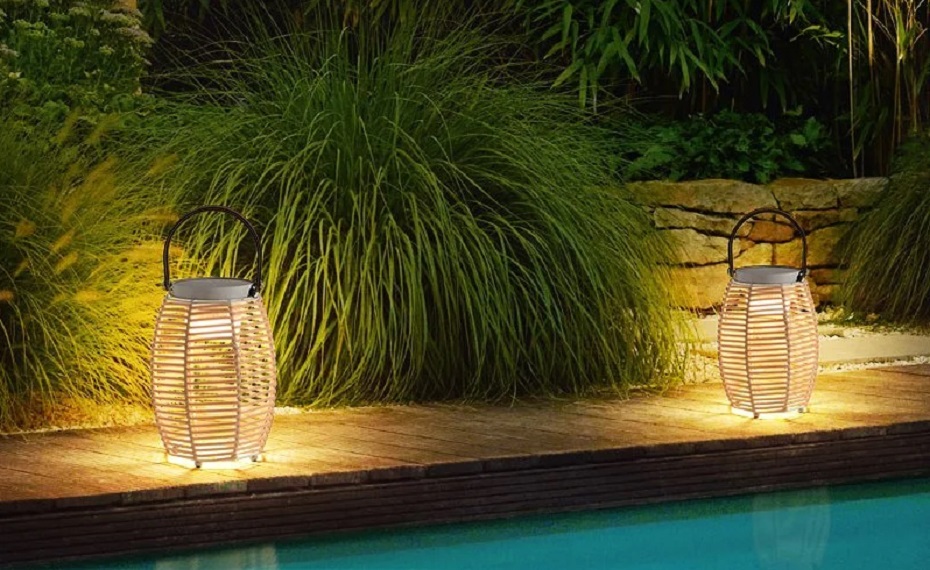Solar lights are an increasingly popular choice for outdoor illumination, offering an eco-friendly and cost-effective solution for garden, patio, and pathway lighting. However, a common question arises: do solar lights need direct sunlight to function effectively? This article explores the necessity of direct sunlight for solar lights, their functionality in different lighting conditions, and tips to maximize their performance.
Ⅰ. How Solar Lights Work
Solar lights operate by converting sunlight into electricity using photovoltaic (PV) cells. Here's a brief overview of the process:
1. Solar Panel Collection: Solar panels on the light collect sunlight and convert it into direct current (DC) electricity.
2. Energy Storage: The generated electricity is stored in rechargeable batteries, usually lithium-ion or nickel-metal hydride.
3. Illumination: At night, the stored energy powers the LED bulbs, providing illumination.
Ⅱ. Do Solar Lights Require Direct Sunlight?
While direct sunlight is ideal for charging solar lights, it is not strictly necessary for their operation. Solar lights can still function in partially shaded areas or on cloudy days, though their efficiency may be reduced. Here’s how different lighting conditions impact solar lights:
1. Direct Sunlight: Maximizes energy absorption and battery charge, ensuring optimal performance and longer illumination times.
2. Indirect Sunlight: Solar lights can charge with reflected or diffused sunlight, but the charging process is slower, leading to shorter illumination periods.
3. Cloudy or Overcast Days: Reduced sunlight means less energy conversion, resulting in dimmer lights and shorter operational times.
If You Are in Business, You May Like
Ⅲ. Tips to Optimize Solar Light Performance
To ensure your solar lights perform at their best, consider the following tips:
1. Placement: Position solar lights in areas that receive the most sunlight throughout the day. Avoid placing them under heavy tree cover or structures that create significant shadows.
2. Regular Maintenance: Keep the solar panels clean and free from dust, dirt, or debris to maximize their efficiency. Wipe the panels with a damp cloth periodically.
3. Battery Care: Check and replace the batteries if they show signs of reduced performance. Rechargeable batteries typically last 1-2 years, depending on usage and exposure to the elements.
4. Seasonal Adjustments: During winter months or in regions with prolonged cloudy periods, consider relocating solar lights to sunnier spots or supplementing them with electric lights to maintain desired illumination levels.
Ⅳ. Advantages of Solar Lights Beyond Direct Sunlight
Even with limited direct sunlight, solar lights offer several benefits:
1. Environmental Impact: Solar lights reduce carbon footprint and reliance on fossil fuels, contributing to a cleaner environment.
2. Cost Savings: By harnessing free solar energy, homeowners save on electricity bills and reduce energy consumption.
3. Ease of Installation: Solar lights do not require wiring or external power sources, making them easy to install and relocate as needed.
While direct sunlight is optimal for charging solar lights, they do not necessarily require it to function. Solar lights can operate in various lighting conditions, albeit with some performance variations. By strategically placing your solar lights, maintaining them regularly, and understanding their operational limits, you can enjoy sustainable and effective outdoor lighting year-round.
By following these guidelines and understanding the basics of solar light operation, you can make informed decisions about their placement and care, ensuring they provide reliable and eco-friendly illumination for your outdoor spaces.
Post time: Jul-16-2024









